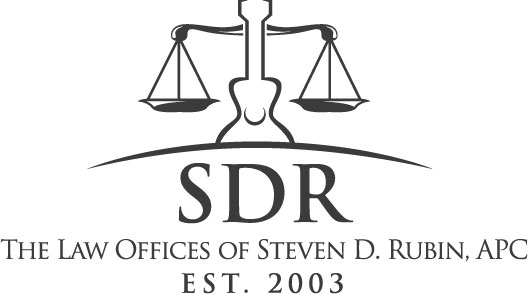
Black Holes, Taxes and Discharges
I took the following out of Wikipedia:
“A black hole is a region of spacetime from which gravity prevents anything, including light, from escaping.”
Based on the foregoing, the following is from Steve-pedia:
“Non-discharge-ability is a region of bankruptcy/tax law from which the law prevents certain debts, including tax debt, from being discharged.” (Ok, so it’s not perfect … I tried).
This article addresses the discharge-ability of income taxes in bankruptcy. By bankruptcy I mean a “Chapter 7” personal bankruptcy. By taxes I mean personal income taxes (that small donation to the national trust that you make each April 15th). Every tax lawyer gets asked the following question on a somewhat regular basis: Can I “discharge” (as in “do away with”) my taxes by filing bankruptcy? As is so often the case in law and life the answer is yes and no.
Let’s start with some of the tax claims that are non-dischargeable:
(1) Any tax for which the related tax return is not filed. Folks, this is about as close as we get to what we lawyers call a “bright line test” in this area. If you haven’t filed a tax return for the taxes you want discharged then the taxes are non-dischargeable. It doesn’t get more simple than that.
(2) Any tax for which the related return is filed late (after considering extensions granted) and is filed within two years before the bankruptcy petition date. Again, pretty straightforward.
(3) Any tax for which the related return is fraudulent or for which the debtor willfully attempts to evade or defeat the tax. If the IRS concludes that you are playing games, or worse yet, playing the “evasion” game … then the taxes are non-dischargeable (although you may have bigger problems).
(4) A tax debt not scheduled on the current income and expense summary (these are bankruptcy filings on which you are supposed to list your debts, including tax debts) within sufficient time to allow the IRS to file a timely proof of claim (unless the IRS has actual knowledge of the bankruptcy case).
Now let’s take a look at some of the tax claims that are dischargeable.
Under Chapter 7, only the tax debts of an individual debtor are potentially dischargeable. Taxes incurred by corporations or partnerships in a Chapter 7 liquidation proceeding are not dischargeable. A debtor may discharge a federal tax liability for a tax year for which a return is due more than three years before the bankruptcy petition’s filing date. In other words, the tax liability needs to be “stale.” Conversely, “fresh” taxes are not dischargeable, i. e., income taxes for a taxable year for which a tax return was last due (including extensions) within three years before the filing of the bankruptcy petition.
In this way bankruptcy/tax law creates symmetry between non-dischargeable and dischargeable tax claims. This symmetry allows the IRS the benefit of certain time periods to pursue its collection efforts. Thus, if a tax claim relates to a tax year for which a tax return could have been filed within three years of the bankruptcy petition, it cannot be discharged in a Chapter 7 case.
So, just as “A black hole is a region of spacetime from which gravity prevents anything, including light, from escaping,” “non-discharge-ability is a region of bankruptcy/tax law from which the law prevents certain debts, including tax debt, from being discharged.”
Yes, I know, the foregoing analogy may be somewhat tortured, but I think you get the point. Just like gravity, the mixture of bankruptcy and tax law is powerful stuff.

